Organising
A Comprehensive List of Important Documents & How Long to Keep Them
Many of us have a list of important documents that must be kept safe, from contracts and tax returns to photographs. Knowing which ones to keep track of, what can be disposed of sooner rather than later, and how long they should be stored makes managing your important records easier. This blog post is about understanding the different types of documents you need to hang on to and for how long. We’ll give you a list of important documents and discuss bank statements, credit card statements, home insurance policies, investment records, and medical records. With these tips in mind, you’ll be better equipped to correctly manage all your important documents! And you’ll feel secure with Guidance for when it’s time to let them go.
A comprehensive list of important documents and how long to keep them.
- Tax Documents – keep for three years
Regarding tax season, one of the most important things to remember is how long to hold onto various tax documents. While it may be tempting to toss everything once you’ve filed your taxes, it’s actually crucial to hold onto certain documents for a set amount of time. In particular, it’s recommended that you keep tax documents for at least three years. This includes things like tax returns, W-2 forms, and receipts for deductible expenses. By following these guidelines, you can ensure that you have all the necessary documentation in case you’re audited or need to amend your tax return in the future. So make sure to hold onto those tax documents for a few years, it could save you a headache down the line!
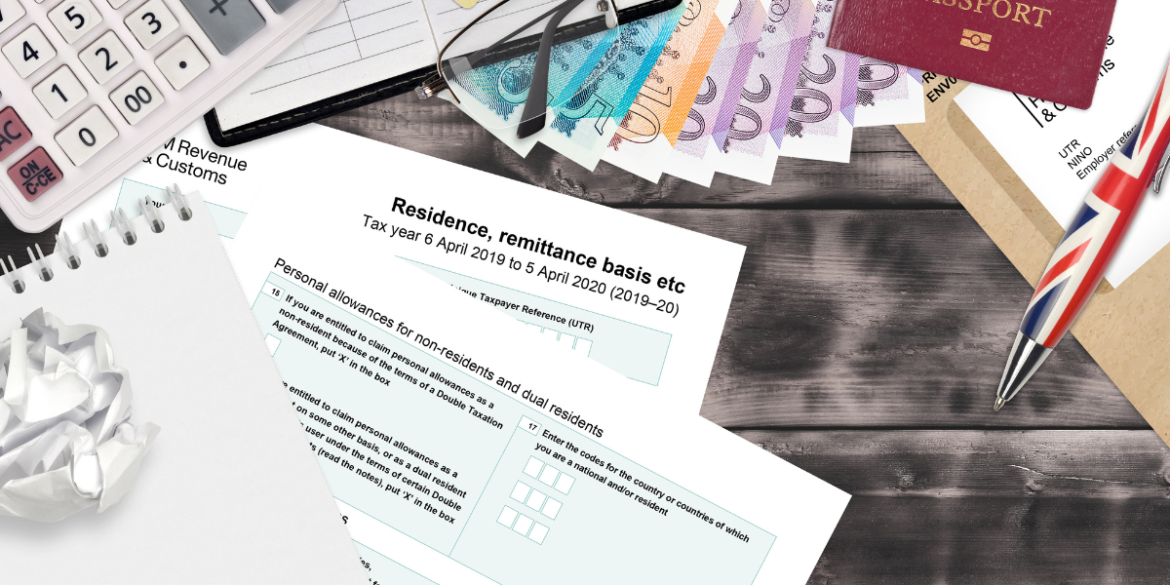
- Bank Statements – keep for one year
Keeping track of your finances is important for staying on top of your financial goals. One important aspect of this is keeping track of your bank statements. These statements are a record of all the transactions that took place in your account over a specified period of time. While it may be tempting to throw them away as soon as they arrive, it’s actually recommended to keep them for at least one year. This will come in handy if any discrepancies or errors arise, as you will have the necessary information to resolve the issue. So, next time you receive your bank statement, don’t toss it aside. Instead, keep it stored safely and securely for added peace of mind. It’s also important to note that in this digital age, you can download your bank statements online and store them in a secure digital location. This is a great way to document financial transactions while ensuring safety and convenience. Furthermore, regularly checking your bank statements helps you keep track of your spending habits and can even help you identify areas where you could save money. When you have this information at hand, it’s easier to make informed decisions regarding budgeting and financial health.
Concerning savings accounts, it’s probably wise to keep those statements indefinitely so you can refer to them later.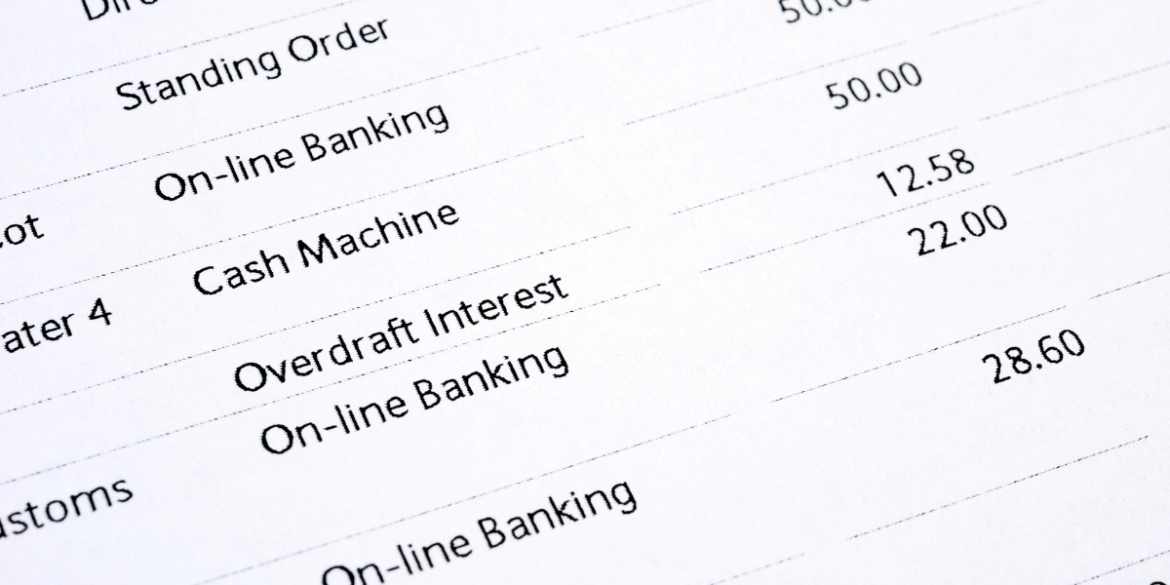
- Credit Card Statements – keep for one year
Credit card statements are important financial documents that we shouldn’t overlook. These statements provide a detailed summary of our credit card activity for a specific period. Keeping them for a year is smart, as it can help us track and manage our spending habits, monitor our payments, and identify fraudulent activities. Reviewing monthly statements can quickly catch errors or unauthorized charges, saving us time, money, and headaches in the long run. So, if you’re wondering how long to keep your credit card statements, stick to the one-year rule, and hold on to them until you’re ready to shred them.
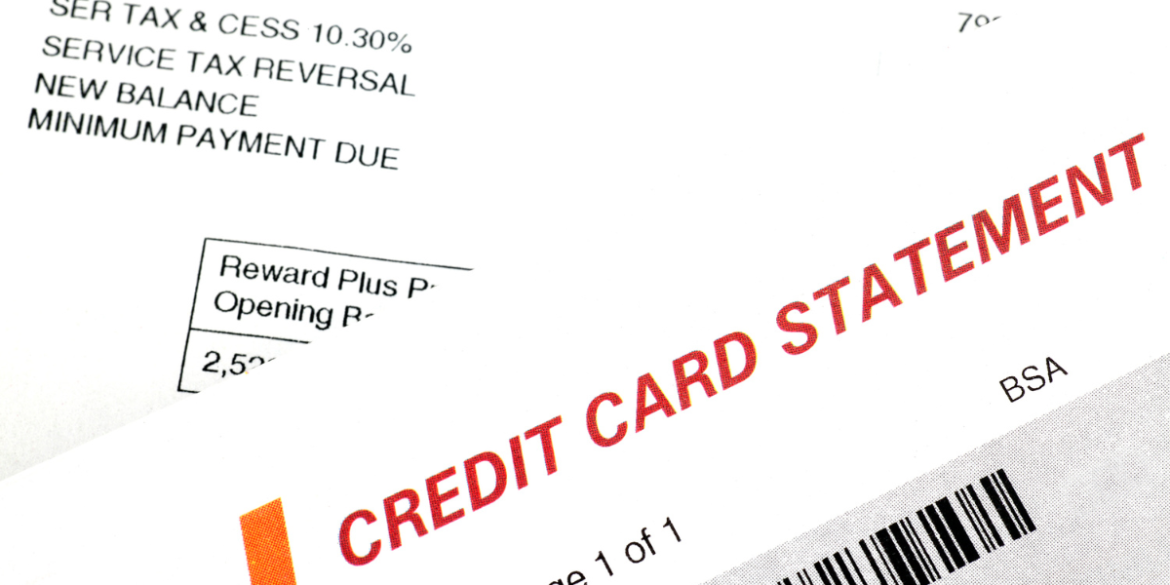
- Home Insurance Policies – keep indefinitely
Home insurance policies are essential to protecting your assets and financial well-being. Whether you own your home or are renting, having insurance coverage can relieve you of the burden of unexpected damages or losses. While it may be tempting to toss old policies once you have a new one in place, it’s important to keep these documents indefinitely. Home insurance policies can provide a valuable record of the history of your property and can be helpful in the event of future claims. Additionally, some policies may have special clauses or details that could be important to understand if you experience damage or loss down the road. This also applies to health insurance, car insurance, life insurance, and pet insurance. So, it’s always best to keep your policies on hand to ensure you have all the necessary information at your fingertips.

- Investment Records – keep until sold or disposed of
Investment records are an essential part of any financial portfolio. These records are used to track all investment-related transactions, including purchases, sales, dividends, and interest payments. But how long should you keep these records? According to the IRS, you should keep investment records until the asset is sold or disposed of. This means that you must retain all records related to the investment until you sell it. By keeping these records, you can accurately calculate your taxes and understand your investment performance. So, keeping a thorough and organized record of all your investments is essential.
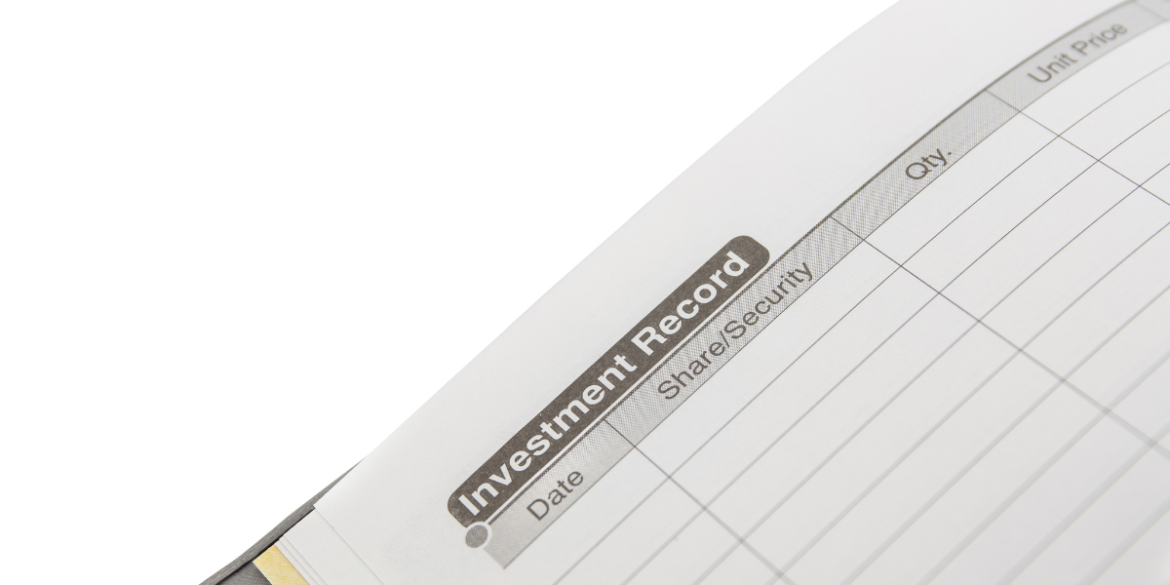
- Medical Records – keep for at least seven years
Medical records are an incredibly important piece of documentation that serves as a vital source of information for healthcare professionals. They offer a glimpse into a patient’s medical history, current health status, and any ongoing conditions or treatments. As such, it is important that these records are kept for at least seven years to ensure that doctors and medical staff have access to accurate and up-to-date information when it is needed most. While some may question the need to hold onto these records for so long, having a comprehensive record of a patient’s medical history can be critical in diagnosing and treating illnesses and can even help to prevent the development of certain conditions. Any health care records for you or you loved ones should be kept for a minimum of seven years.
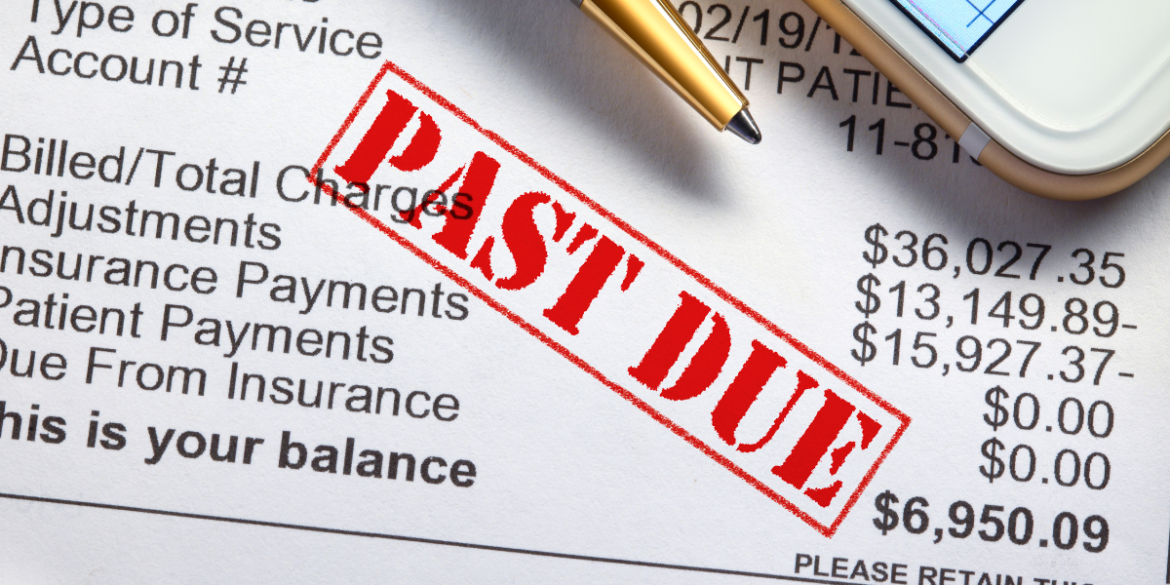
- Mortgage paperwork- keep indefinitely
When it comes to managing your finances, one of the most important documents to keep is mortgage paperwork. This paperwork includes things like loan applications, closing documents, and monthly statements. While throwing this paperwork away when no longer needed may be tempting, holding onto these documents indefinitely is important. Mortgage records can provide valuable information concerning tax deductions, home improvement projects, and more. These documents can also be used as proof of ownership or occupancy should any issues arise in the future. So, keeping mortgage paperwork on hand is essential for protecting your financial interests and ensuring you have a record of all relevant information.

- Payslips – keep for at least three years
Payslips are an important document that should be kept on hand to ensure that wages and taxes have been correctly processed. They provide a detailed overview of your monthly earnings, deductions, contributions, and tax information. As such, hanging onto payslips for at least three years from the payment date is advisable. This will allow you to easily go back and refer to the information should any discrepancies or queries arise in the future. Access to your payslips can also be helpful if you need to update or file your taxes yearly or require proof of income for a loan application. So, make sure you keep your payslips safe and secure for at least three years.
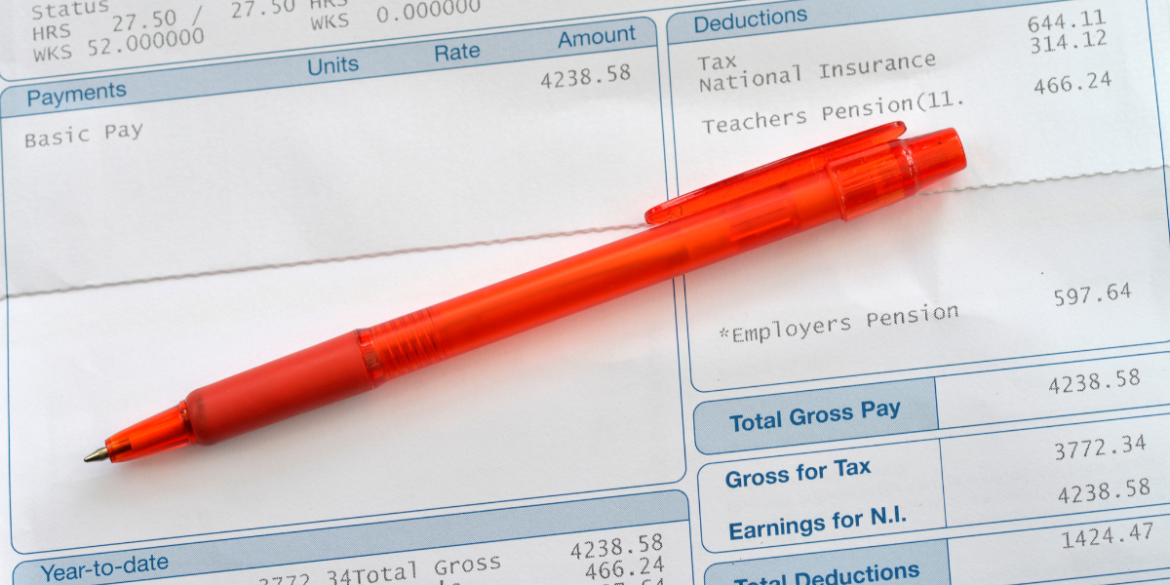
- How long to keep documents after a bereavement
It is important to keep documents after bereavement for legal and financial reasons. Generally, documents should be kept for at least seven years following the death of a loved one. This includes things such as birth certificates, marriage certificates, estate paperwork, bank statements, tax returns, medical records, funeral documents, and insurance policies. Keeping these documents can help provide answers to any questions that may arise in the future. Additionally, if any questions or disputes arise regarding the deceased’s estate, having these documents on hand will be extremely helpful. Finally, it is important to record all payments made from the deceased’s accounts and any assets that have been transferred to their beneficiaries. Keeping these documents can help ensure that everything is handled properly and fairly.
Wills should be kept in a fireproof box or safe deposit box along with birth certificates etc.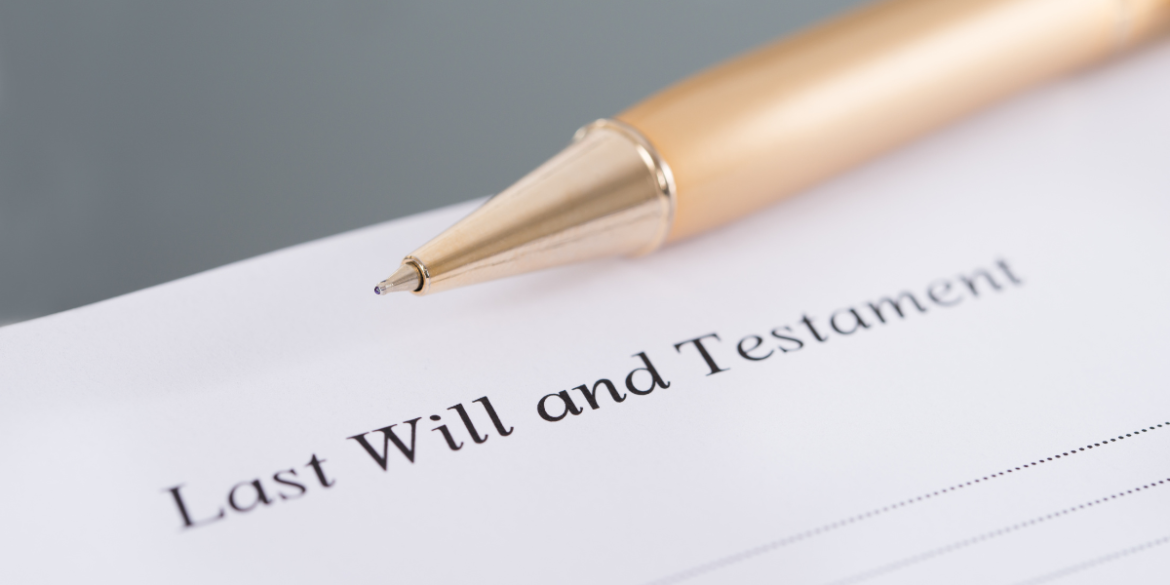
Types of documents you don’t need to keep
When it comes to documents that you don’t need to keep, the most common are receipts and bills. For instance, receipts from one-time or small purchases do not need to be kept longer than a few weeks.
Similarly, utility bills should generally not be kept once the bill has been paid in full. However, keeping all relevant documents and receipts is important if you plan to take advantage of tax deductions or business expense credits.
Furthermore, if you are participating in any loyalty programs or special offers through stores or restaurants, it is best to hold onto the corresponding documentation until you have received the promised rewards.
Finally, any documents that contain sensitive information, such as social security numbers, should be shredded immediately after they are no longer needed.
This post contains affiliate links, and The Organizer UK may earn commissions for purchases made through the links in this post. For more details, see here. Thank you so much for your support!
How to dispose of outdated paperwork safely

It is important to dispose of outdated paperwork safely and securely. One way to do this is by shredding the documents, which will prevent anyone from being able to read your information. It’s also important to remember that you should never throw away any documents with personal information such as bank account numbers, Social Security Numbers, or passwords.
It’s also a good idea to use an industrial-grade shredder like this one, as these are designed to break down documents into thousands of tiny pieces, making them nearly impossible to reassemble. For those who don’t have access to a shredder, burning the documents in a garden incinerator like this one is a viable alternative. However, it’s important to note that you should never throw away any paper with personal information in the trash, as it could be recovered by someone with malicious intent. In any event, disposing of old documents securely is essential to protecting your personal information.
How to Organize Your Important Documents
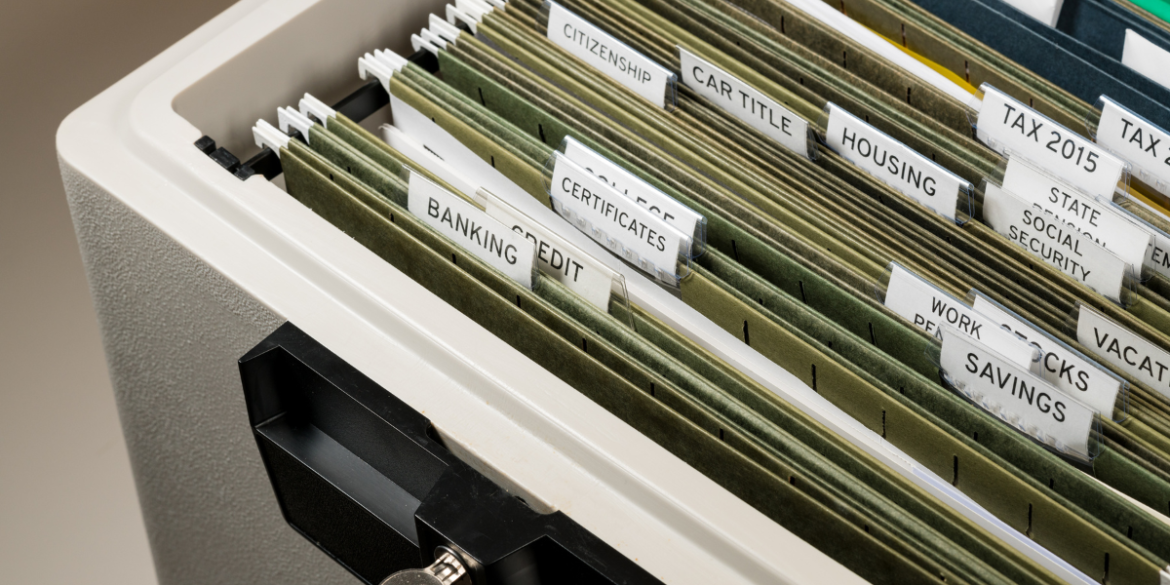
If you want to make sure your important documents remain organized and easily accessible, then read on. Here are a few tips to help you get started:
1. Create an organized filing system – Begin by sorting all of your important documents into categories that make sense to you. This will make it easier for you to find the document when needed.
2. Label each file – Once you have sorted your documents into categories, it is important to label each individual file. This will help you quickly identify and locate the relevant document when needed.
3. Utilize electronic storage – Storing some of your important documents electronically is a good idea to protect them from theft or damage. Consider using cloud storage services such as Dropbox or Google Drive.
4. Keep back-ups – It is always a good idea to keep multiple copies of all important documents in case something happens to the original file. You can store these backup copies in different places so that they are secure and easily retrievable if needed.
5. Have regular document updates – As your personal or business situation changes, it is important to regularly update your documents. This will help you stay organized and ensure the information on file is always accurate and up-to-date.
6. Create a filing system – Once you have established a process for keeping track of your documents and ensuring they are stored securely, it’s time to develop a filing system. This should be tailored to your particular needs but should generally involve creating folders and labels that are easy to find and use. If your filing system is hard to reach or cluttered, you will not be motivated to file anything, and paper clutter will pile up and become unmanageable.
7. Develop a document destruction policy – It is important to plan to dispose of obsolete documents appropriately. This includes shredding or burning important papers and documents with confidential information and properly archiving any records that need to be kept for an extended period of time.
8. Utilize technology – Technology can be a great tool for staying organized, and many software products can help you create document management systems and filing structures. Utilizing these tools will save you time and simplify organizing your documents.
9. Review your system regularly – Implementing an organizing system isn’t a one-time event. You should review the system regularly to ensure it is still efficient and effective for your needs. If you find that changes are needed, adjust accordingly. You may need to move your desk or filing cabinet to a more accessible area to enable you to file your papers daily. Planning is the key to developing a system that works with you.
10. Involve others – If you have a spouse, ensure they understand how to use the system. Communicate how to use the filing system to ensure they can find legal documents, social security cards, or other important documents when needed.
Important Documents You Should Keep in Your Safe
When it comes to keeping important documents secure, the most reliable way is to store them in a safe. Whether you’re storing passports, birth certificates, or other forms of identification, investing in a good-quality safe will ensure extra security and peace of mind. Here are some essential documents you should consider keeping in your safe:
1. Original Birth Certificate. Your birth certificate should be kept in a safe place as it is the most important document to prove your identity.
2. Title Deeds and Wills. It is important to keep these documents safe, away from potential fraud or damage. Keeping them in a secure location, such as a home safe, will give you peace of mind that they are protected.
3. Passports and Visas. Storing your passport in a safe will protect it from potential theft or damage and will also ensure that all of its important information is kept secure.
4. Insurance Policies. Keeping your insurance policies in a safe can help to minimize any risk of them being misplaced or destroyed. It’s also beneficial to have the policy number and contact information in there too, just in case something happens.
5. Bank Statements. It is important to store your bank statements securely as they can contain sensitive financial information that would be valuable to fraudsters or identity thieves. Keeping them in a safe will help protect this data from potential theft or damage.
6. Marriage Certificates. It is important to keep these documents safe as they may be needed for proof of identity. Storing them in a secure place will help protect the information on them from potential misuse or loss.
7. Investment Details. Documents such as your stock certificates, mutual fund statements, and bond records should all be kept in a safe.
In a nutshell
As you can see, there are some key documents you should always keep on hand, no matter what. Tax documents should be kept for three years, bank and credit card statements should be kept for at least one year, and home insurance policies should be kept indefinitely. Investment records should be held until they are sold or disposed of, and medical records should be kept for a minimum of seven years. Although this general overview applies to most people, your situation may vary depending on the document type and circumstance, so always do your due diligence in researching the specifics. Though there is no one-size-fits-all approach to knowing how long you need to hang onto particular documents, a basic understanding of what must be kept can help set your mind at ease in knowing that you are doing the right thing for now and in the future. Do you need to know how long to keep a certain document? Reach out and ask – don’t risk it!

